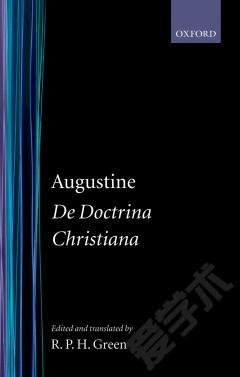The Emergence of Christian Theology
There are special times of movement in the history of ideas, and one such time - as the author of this study shows - was the second half of the second century, when Christian thought showed fresh vigour. By concentrating on five seminal Christian thinkers of the second century (Justin, Athenegoras, Irenaeus, Clement of Alexandria, and Tertullian), Eric Osborn illustrates how it was that Christianity made monotheism axiomatic to its central doctrinal claims while adapting, too, to the peculiar circumstances in which it developed. The stimulus for new thought came from the objections of the state, philosophers, Jews, Gnostics, and Marcion, who in different ways denied the Christian claim to faith in one God. In response, Christian thinkers argued for one God who was the first principle of being, goodness, and truth. In its presentation of the lively beginning which brought Christianity and classical thought together, this book casts light on the growth of the European intellectual tradition.
{{comment.content}}








 京公网安备 11010802027623号
京公网安备 11010802027623号